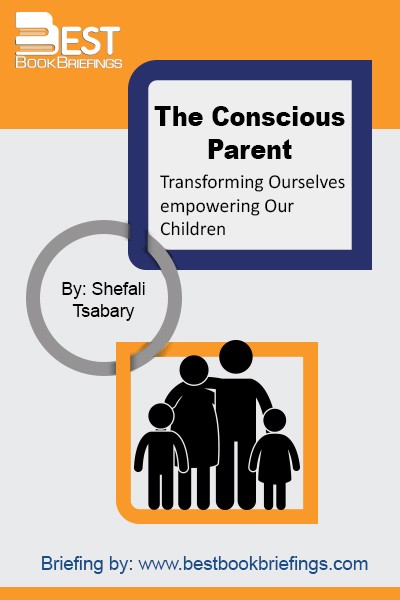The Conscious Parent
Transforming Ourselves empowering Our Children
Editorial Review
To parent perfectly is a mirage. There is no ideal parent and no ideal child. The Conscious Parent underscores the challenges that are a natural part of raising a child, fully understanding that, as parents, each of us tries the best we can with the resources we have. Thus, the objective of this book is to illumine how we might identify and capitalize on the emotional and spiritual lessons inherent in the parenting process, so that we can use them for our own development, which in turn will result in the ability to parent more effectively. As part of this approach, we are asked to open ourselves up to the possibility that our imperfections may actually be our most valuable tools for change.
Book Reviews
Books on Related Topics
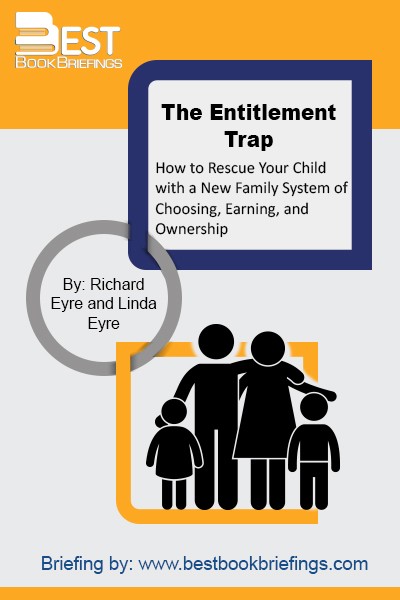
Entitlement is the best name we know for the attitude of children who think they can have, should have, and deserve whatever they want, whatever their friends have, and that they should have it now, and not have to earn it or give up anything for it. And it goes beyond
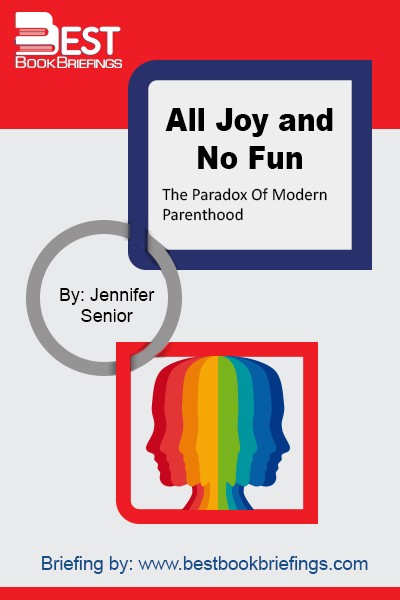
Over the past two generations, parenthood has gone through radical readjustments. As children went from helping on the farm to being the focus of relentless cosseting, they shifted from being our “employees” to our “bosses!” Even the most organized people have little to do to prepare themselves for having children. They
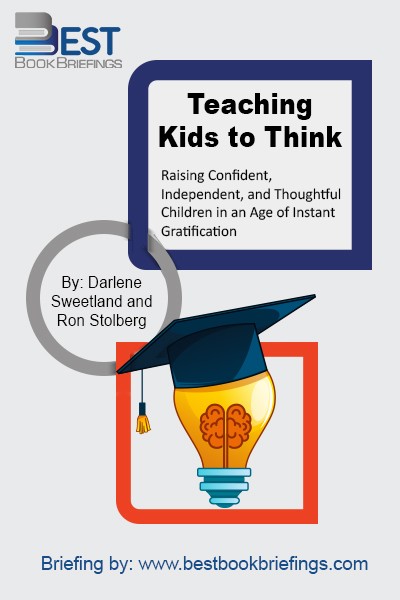
In Teaching Kids to Think, Dr. Darlene Sweetland and Dr. Ron Stolberg offer insight into the social, emotional, and neurological challenges unique to this generation. They identify the five parent traps that cause adults to unknowingly increase their children's need for instant gratification, and offer practical tips and easy-to-implement solutions to
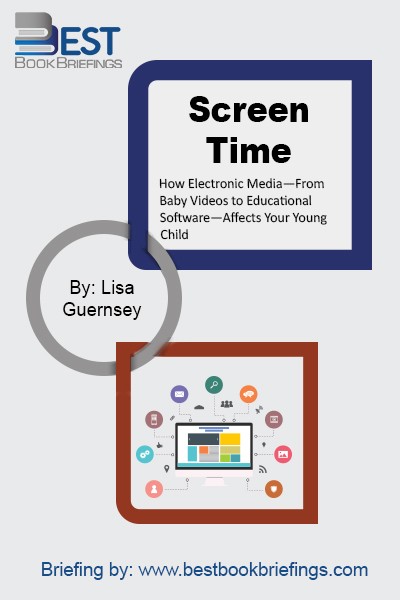
This book is mainly about of television and media's time and content on children. The studies on how children respond to content led us to ask: what exactly are our children watching? Can they make sense of it? Will they try to imitate what happens on screen? Could they learn from
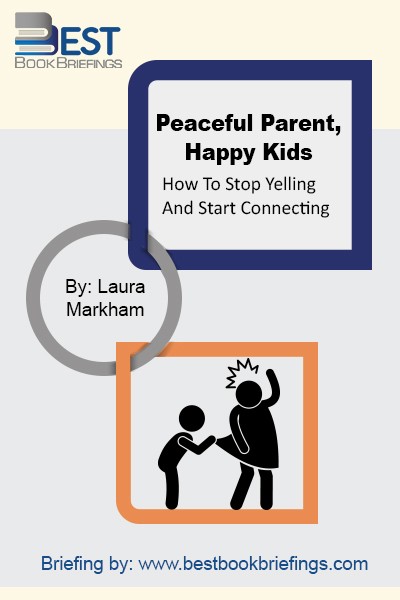
While most parenting books focus on changing the child’s behavior, and yes this book will help you support your child to become his/her very best self, this book dedicates more focuses on for parents’ behaviors. Because you’ll have to manage your own triggers and emotions to effectively coach and connect with
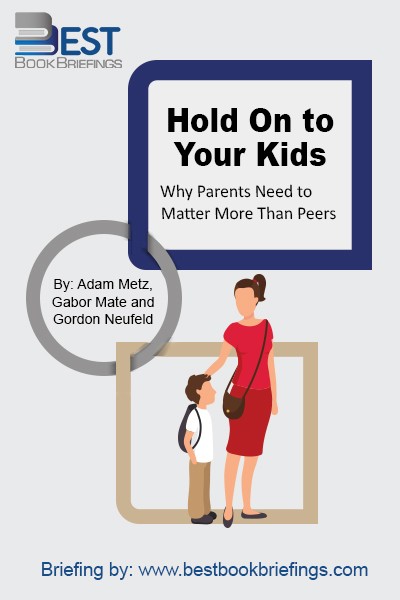
Children are increasingly forming attachments that compete with their parents, with the result that the proper context for parenting is less and less available to us. The chief and most damaging of these attachments is the increasing bonding of our children with their peers. For the first time in history young
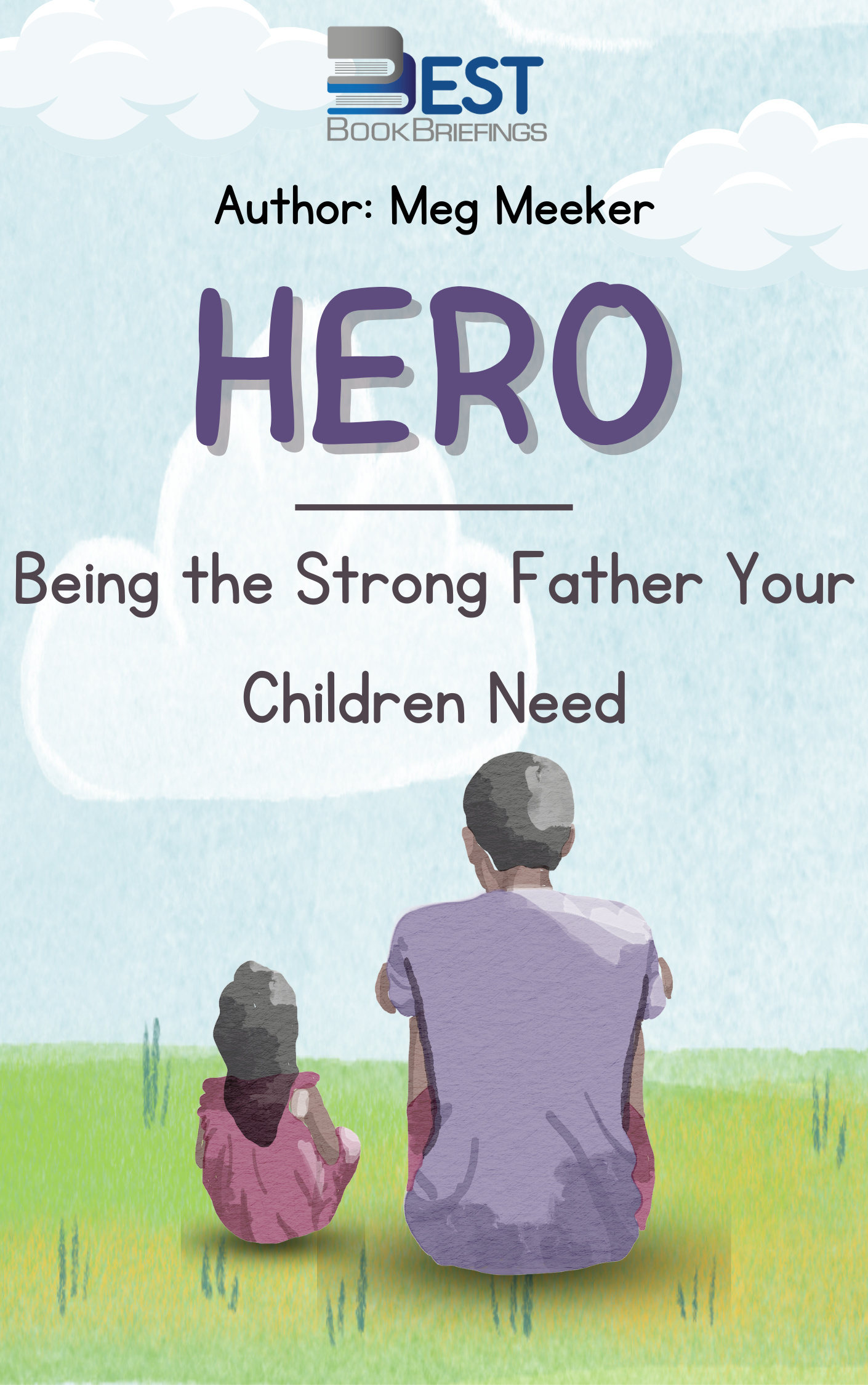
Every child needs a father, and that includes grown children. A dad is the one they look up to as the hero who can meet any challenge thrown at the family. The human family was meant to have mothers and fathers working together, and when they work together, as they were
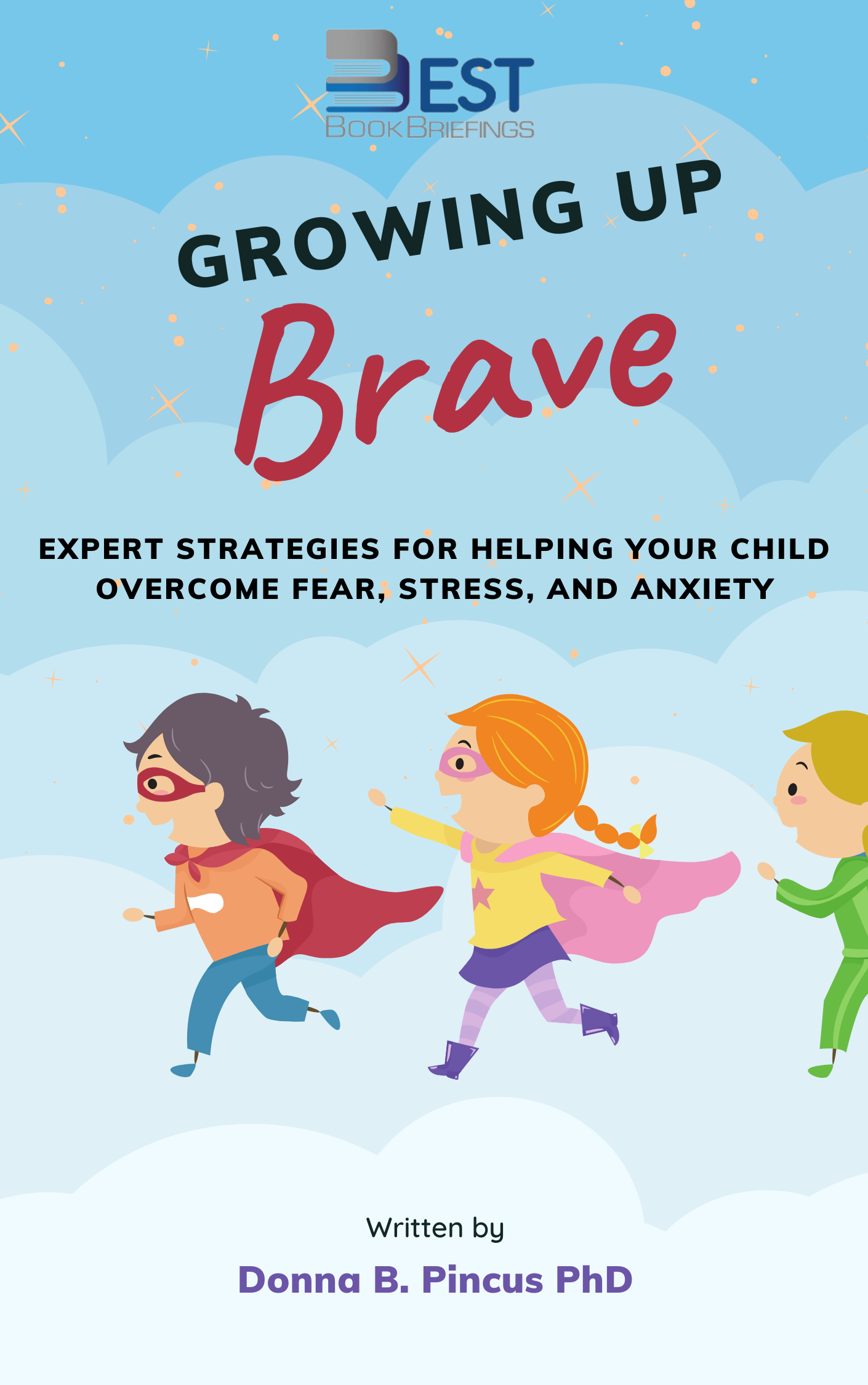
Growing Up Brave helps parents identify and understand anxiety in their children, outlines effective and convenient parenting techniques for reducing anxiety, and shows parents how to promote bravery for long-term confidence. From trouble sleeping and separation anxiety to social anxiety or panic attacks, Growing Up Brave provides an essential toolkit for instilling happiness

